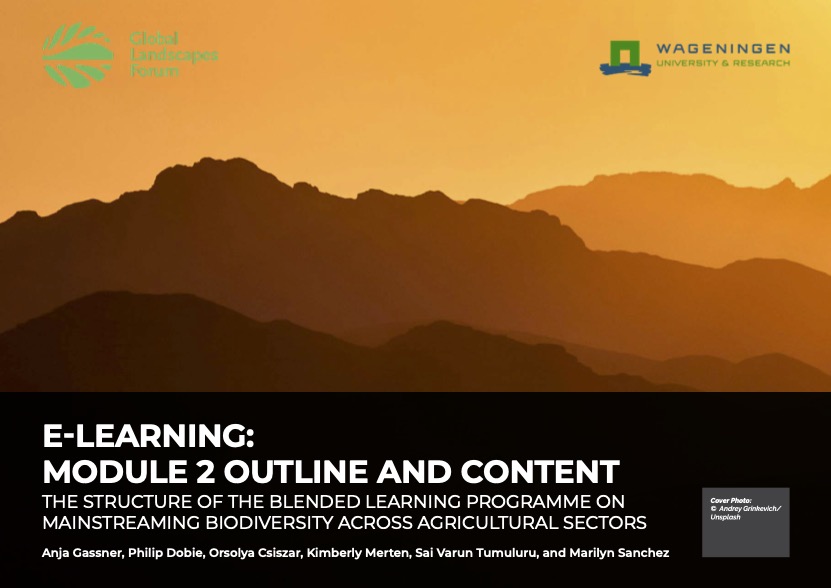Integrating Indigenous and local knowledge in conservation and natural resource management (NRM) initiatives is necessary to achieve sustainability, equity, and responsiveness to local realities and needs. Knowledge integration is the starting point for converging different knowledge systems and enabling knowledge co-production. This process is also a key prerequisite towards decolonising the research process. However, power imbalances may perpetuate dominant forms of knowledge over others, obstruct knowledge integration, and eventually cause the loss of knowledge of the marginal and less powerful knowledge holders. Despite increasing interest in knowledge integration for conservation, NRM, and landscape governance, documentation of integration processes remains fragmented and somewhat scarce. This semisystematic literature review contributes to filling this gap by synthesising methods, procedures, opportunities, and challenges regarding integrating and decolonising knowledge for conservation and NRM in Southern Africa. The findings demonstrate that despite an increasing number of studies seeking to integrate Indigenous and local knowledge and scientific knowledge relevant to conservation and NRM, methods, procedures, and opportunities are poorly and vaguely documented, and challenges and colonial legacies are often overlooked. Documentation, valuing Indigenous and local knowledge, addressing power relations, and collaboration across knowledge systems are missing steps towards efficient knowledge integration. The paper concludes that there is a need for further research and relevant policies. These should address methods and implications for equitable knowledge integration processes and move beyond knowledge sharing and mutual learning towards decolonising knowledge for conservation and NRM.
Download:
DOI:
https://doi.org/10.1016/j.heliyon.2023.e21785
Altmetric score:
Dimensions Citation Count:

Publication year
2023
Authors
Yanou, M.P.; Ros-Tonen, M.; Reed, J.; Moombe, K.B.; Sunderland, T.C.H.
Language
English
Keywords
indigenous knowledge, conservation, natural resource management, knowledge sharing
Geographic
Zambia, Zimbabwe, Namibia, Botswana, Swaziland, Republic of South Africa, Lesotho























